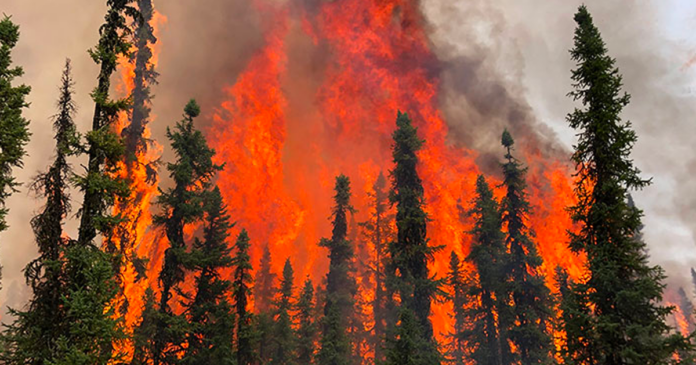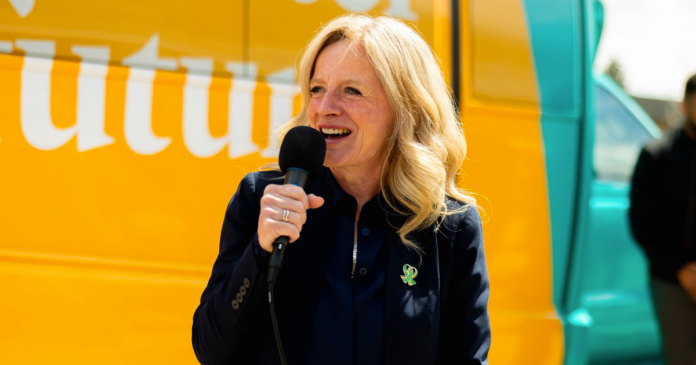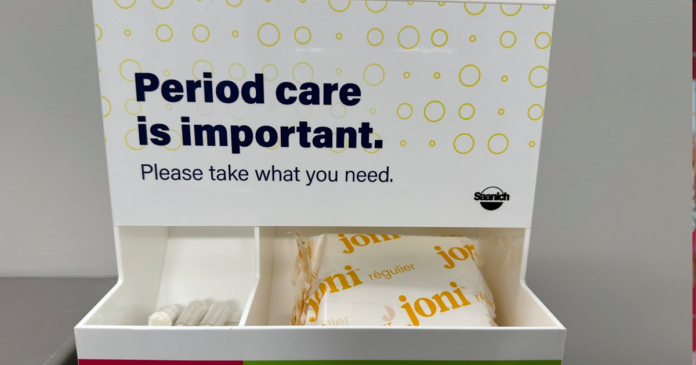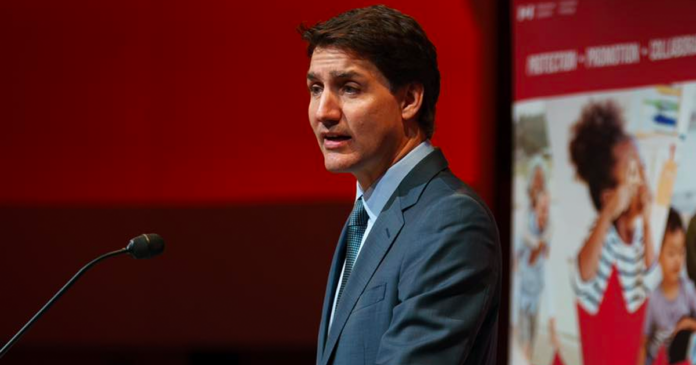A new poll has found that only 20% of Canadians believe Prime Minister Justin Trudeau and the Liberal Party deserve to be re-elected.
The poll also reveals that 81% of Canadians want a change of government, and Pierre Poilievre’s Conservatives are making gains.
Just 20% of Canadians believe Justin Trudeau and his Liberal Party deserve to be re-elected. (source: @abacusdataca) pic.twitter.com/RxxYUg3FtR
— Élie Cantin-Nantel (@elie_mcn) June 14, 2023
According to Abacus Data’s latest national survey, out of the 81% who want change, 50% say there is a good alternative to Trudeau, while 31% said there is not. 56% of those who want change and think there’s a good alternative would vote Conservative, while 25% would vote NDP.
The poll also found that Polievre’s Conservatives are gaining ground. If an election was held today, 35% would vote Conservative (up 2% since mid-May), while 28% would vote Liberal (down 2%).
Meanwhile, 21% would vote NDP, (up 3% since mid-May), 7% would vote for the Bloc Quebecois (unchanged), 4% would vote for the Green Party (down 1%) and 4% would vote PPC (down 1%).
Regionally, the Conservatives are leading in Alberta, Saskatchewan and Manitoba. Meanwhile, the Conservatives have a slight edge over the Liberals in British Columbia and Ontario. The Bloc Quebecois is the leading party in Quebec, and the Liberals are ahead in the Maritimes.
As for the age breakdown, Conservatives are ahead of Liberals in all age groups. The 18 to 19 age group does, however, favours the NDP over the Conservatives.
If a federal election took place tomorrow, more young people would vote for @PierrePoilievre's Conservatives than for @JustinTrudeau's Liberals. (source: @abacusdataca) #cdnpoli pic.twitter.com/QcZSpIguEB
— Élie Cantin-Nantel (@elie_mcn) June 14, 2023
As for approval ratings, just 30% of Canadians view Trudeau positively, while 49% view him negatively. 32% view Poilievre positively and 40% view the Conservative leader negatively. As for Jagmeet Singh, 38% of respondents said they viewed him positively, while 32% viewed him negatively.
Speaking on the results of the survey, Abacus Data Chairman and CEO David Coletto said, “the opinion environment for the Liberal government is quite challenging. 80% of Canadians say they want change and only 20% think the government deserves to be re-elected.”
“Despite this, the Liberals are still competitive because about 1 in 3 Canadians who want change, don’t feel there’s an acceptable or comfortable alternative to the Liberals. Most of them are voting for an opposition party, if an election was held today, but not all of them. A third is sticking with the Liberals, despite wanting change.”
“This dynamic indicates a complex and nuanced political environment in Canada, reflecting a broad dissatisfaction with the current Liberal government, yet also a degree of apprehension about alternatives.”
The Abacus Data survey was conducted with 2,000 Canadian adults between Jun. 6 and Jun. 11, 2023. The full results can be found here.



























